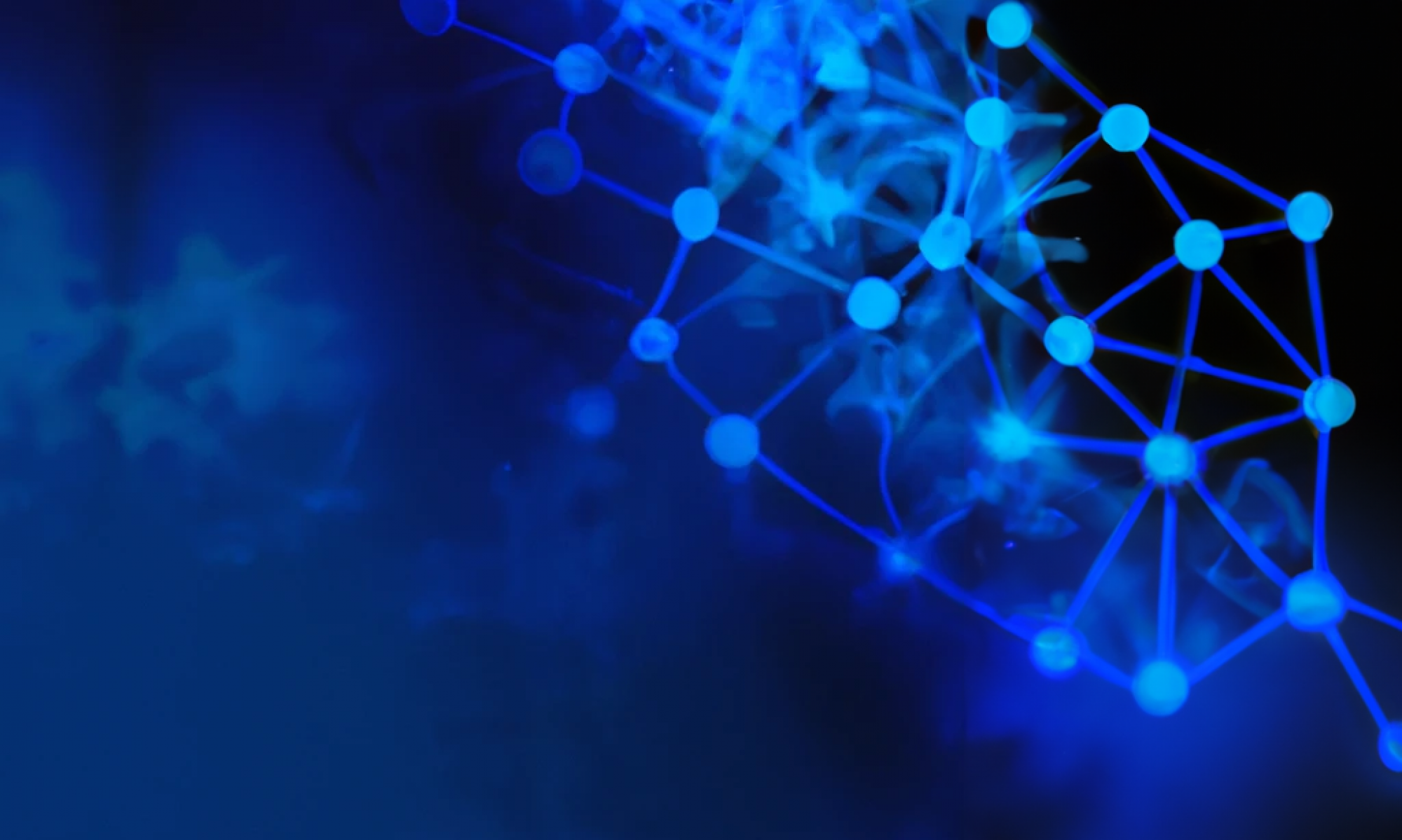Massimo Stella, CogNosco Lab, University of Trento
Cognitive network science and machine psychology quantify anxious perceptions of mathematics across high-schoolers and ChatGPT models
Abstract:
Large Language Models (LLMs) are becoming increasingly integrated into our lives. Hence, it is important to understand the biases present in LLMs’ outputs to avoid perpetuating harmful stereotypes or flawed ways of thinking. One such tendency that has harmful negative effects is the global phenomenon of anxiety toward math and STEM subjects. This talk outlines a novel application of network science and cognitive psychology to understand biases towards math and STEM fields in LLMs from ChatGPT, such as GPT-3, GPT-3.5, and GPT-4. Using behavioral forma mentis networks (BFMNs), one can understand how these LLMs frame math and STEM disciplines in relation to other concepts. Numerical findings indicate that LLMs have negative perceptions of math and STEM fields, associating math with negative concepts in 6 cases out of 10. There are significant differences across OpenAI’s models: newer versions (i.e., GPT-4) produce 5× semantically richer, more emotionally polarized perceptions with fewer negative associations compared to older versions and 𝑁=159 high-school students. These findings suggest that stereotypical perceptions of STEM subjects might be reflected on LLMs, posing several concerns for Education researchers in using large language models among student populations.
Bio:
Prof. Massimo Stella is professor on direct call from abroad in AI Psychometrics at the University of Trento. His research focuses on cognitive data science, artificial intelligence and complex networks with the aim at developing models capturing affect, mindset structure and psychological constructs of mental well-being. He also leads the CogNosco Lab, working on knowledge modelling, mathematical psychology and natural language processing (NLP).
Adrienne Traxler, University of Copenhagen
Using interaction networks and observations to characterize active classrooms
Abstract:
Classrooms are complex environments, and describing differences in active learning pedagogies is an important but elusive goal for educators and researchers. A better vocabulary is needed to distinguish between learning environments in order to move conversations beyond simple dichotomies such as “lecture versus active learning.” In a study to characterize university physics courses in the United States, we collected classroom observation and social network survey data from six research-based pedagogies. We found a general increase in network connectivity over the semester, with many of the networks showing structural differences but also mid-scale similarities in the position types that comprised them. For the observational data, latent profile analysis shows strong promise for characterizing instructional profiles. Several options are being explored for combining the network and observational data. With a wider range of classrooms from a follow-up study, networks may be classified and compared by instructional profile. In the meantime, options such as network representations allow for visualizing connected activity signatures in the observation data. Importantly, none of these tools are physics-specific, which opens potential cross-disciplinary expansions. Our ongoing analysis highlights methodological challenges and possibilities for combining networks with other collected data to characterize the rich learning environments of active classrooms.
Bio:
Adrienne Traxler is an Associate Professor in the Department of Science Education at the University of Copenhagen. Her research focuses on university physics learning environments, as well as other science education contexts. She uses network analysis to model student collaborations and mixed methods to study gender equity issues. Her current work includes characterizing collaboration networks and activity profiles in university physics courses, and investigating the professional support networks of women and LGBTQ+ physicists in the United States.
Mohammed Saqr, University of Eastern Finland
Networks in education: A travelogue thought the past and a look at the future
Abstract:
For over five decades, researchers have used network analysis to understand educational contexts, spanning diverse disciplines and thematic areas. The field has grown more recently, through the surge in the popularity of data-driven methods, the adoption of social media, and themes as teacher professional development and the now-declining MOOC research. However, a majority of SNA research has used static networks, i.e., aggregated networks that compile interactions without taking into account when certain activities or relationships occurred. Compressing a temporal process by discarding time may result in reductionist oversimplifications. This presentation gives an overview of networks in education with an overarching birds eye view through summarizing around 1700 articles. Later, a deep discussion of the temporal networks, how they work, how they model interactions in time, and how they offer a more nuanced understanding of how collaboration processes unfold in time.
Bio:
Mohammed Saqr holds a PhD in learning analytics from Stockholm University. Currently, he works as a Senior Researcher at the University of Eastern Finland (UEF) and holds the title of Docent in Learning Analytics from the University of Oulu (Finland). His work experience includes working at Université de Paris Cité (France), Stockholm University and KTH Royal Institute of Technology (Sweden). Now, he’s leading the lab of learning analytics at UEF, Europe’s most productive learning analytics lab in 2021 and 2022. He was awarded the most competitive funding in Finland (the Academy of Finland) and Sweden(Swedish Research Council). Saqr has published extensively on learning analytics and social network analysis with a focus on novel themes like diffusion of knowledge, robustness of collaborative networks, temporal networks and longitudinal methods. Since September 2022, Saqr has been working on the Academy of Finland funding project that uses probabilistic networks and artificial intelligence to personalize education (idiographic analytics). In addition, Saqr serves as an associate editor for IEEE Transactions on Learning Technologies, PLoS One and Learning and individual differences among others.
